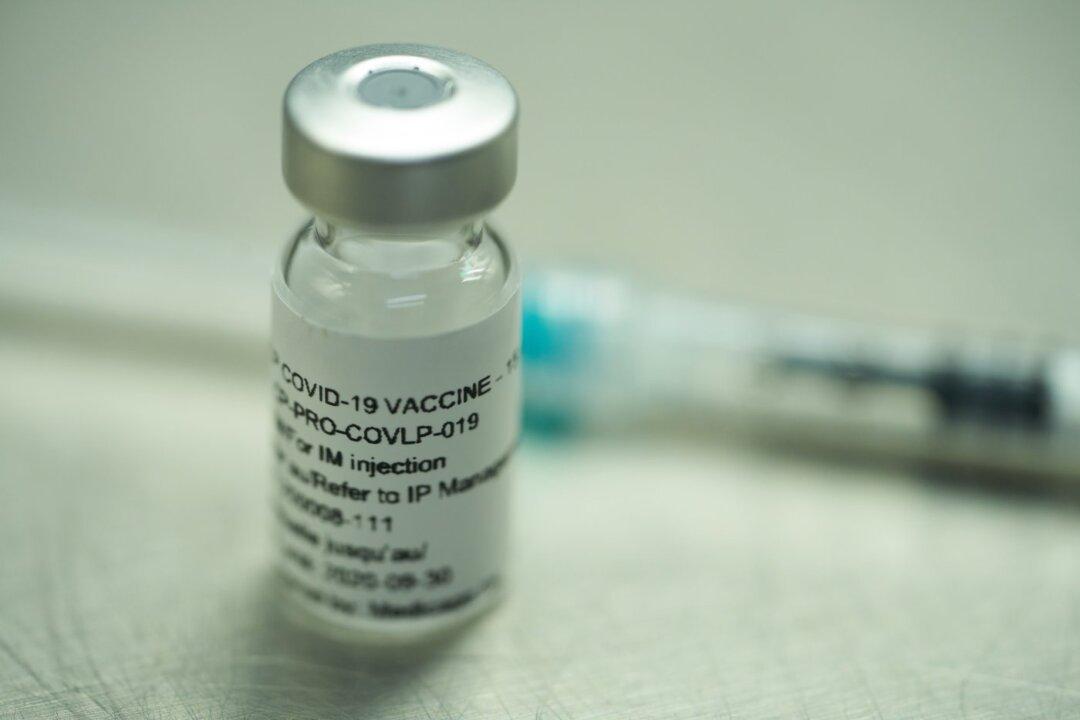The Department of Public Works has acknowledged the government “took a risk” when subsidizing a $150 million COVID-19 vaccine factory in then Health Minister Jean-Yves Duclos’ riding of Quebec City.
“We took a risk of putting contracts with various suppliers for enough vaccines for all Canadians,” said Joelle Paquette, director general of the public works department, as first reported by Blacklock’s Reporter.





